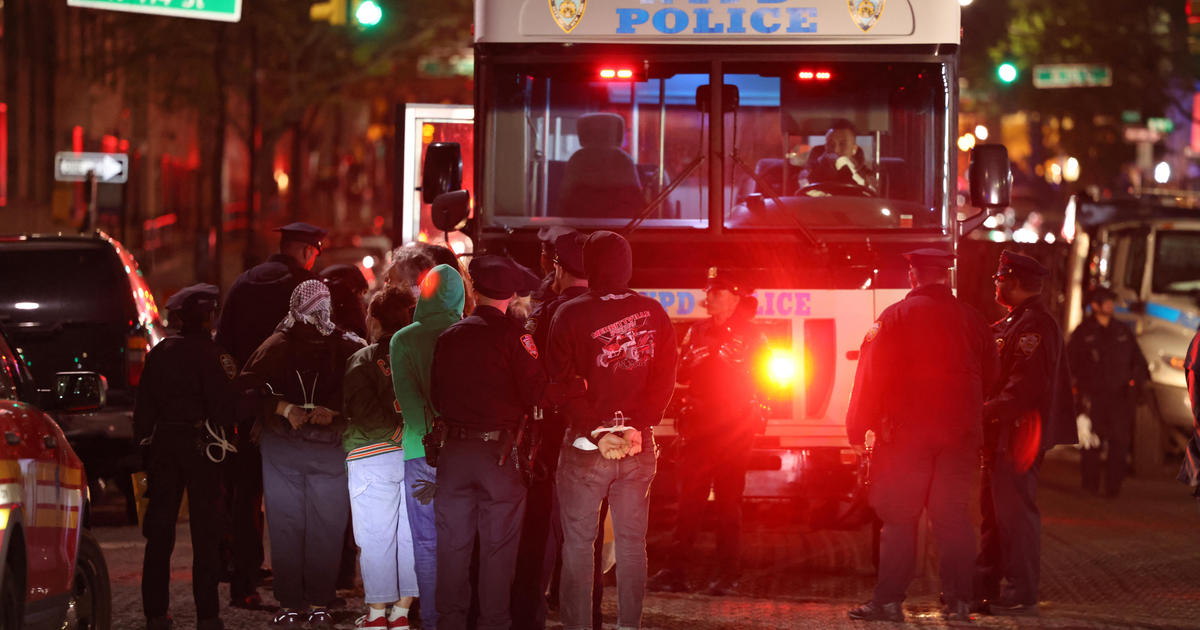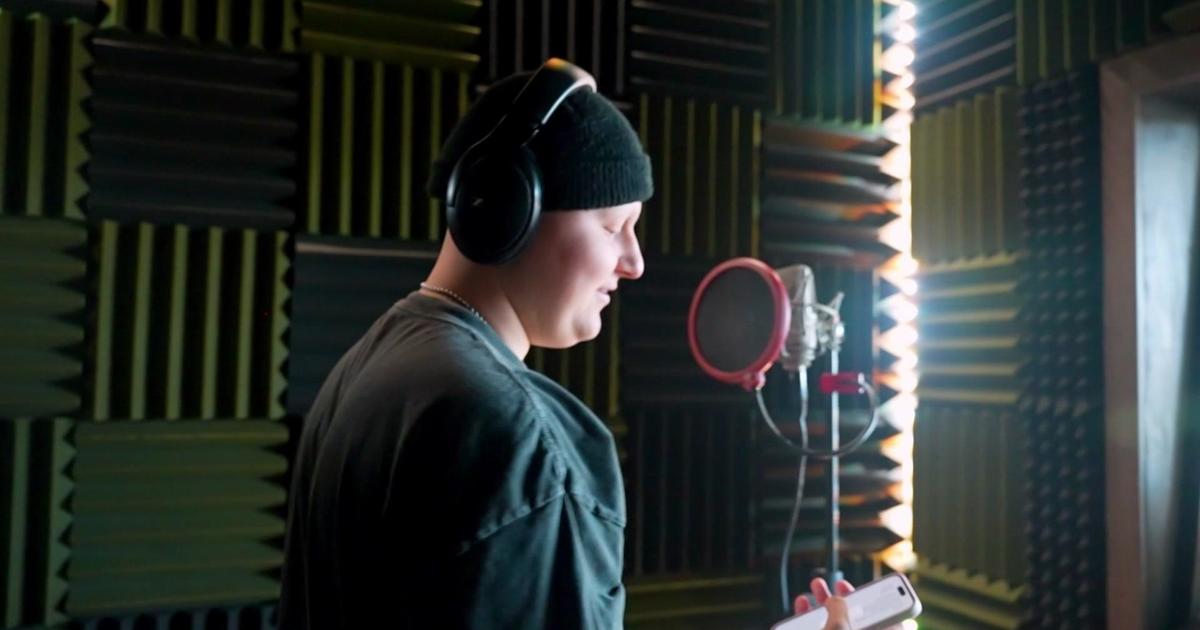Seen At 11: Alarming New Study Could Change The Way You Look At Smoke Detectors
NEW YORK (CBS 2) -- What would happen if a fire broke out in your home? Fire alarms save lives, but they may not be as effective as many people think they are, according to a new study.
Ann Calaway lives with her three young sons. CBS 2's cameras were on hand one night after they went to sleep. Smoke detectors were set off and Calaway raced from room to room to see if her sons were waking up. She was shocked by what she encountered.
"I mean it is so scary. They didn't even move a muscle," she told CBS 2's Dick Brennan.
Her children remained in a deep sleep even as the alarms screeched.
"He's so close to it, I thought he would for sure hear it," she said.
A second test ended with the same results. A week later a talking alarm failed to wake up Calway's sons.
"I am sick to my stomach. I'm still sick to my stomach thinking about it," she said, "I was really disappointed the first one did not work, so I thought this would be my solution. Now how do I get them to wake up?"
Experts offered possible explanations for why the boys may have failed to wake up.
"Children go into a very deep phase of sleep where either they hear it or they ignore it, or they just don't hear it at all," one researcher explained.
Studies appear to confirm that explanation. Researchers exposed 28 children between the ages of 6 and 15 to a high-decibel fire alarm and 50 percent of them stayed asleep. Among 6- to 10-year-olds the percentage was as high as 71 percent.
So, how can you wake your children up in the event of a fire? Experts recommend using your own voice. They also suggest having a plan in place beforehand so you can wake them up and prevent a fire-related injury or death.
You May Also Be Interested In These Stories



